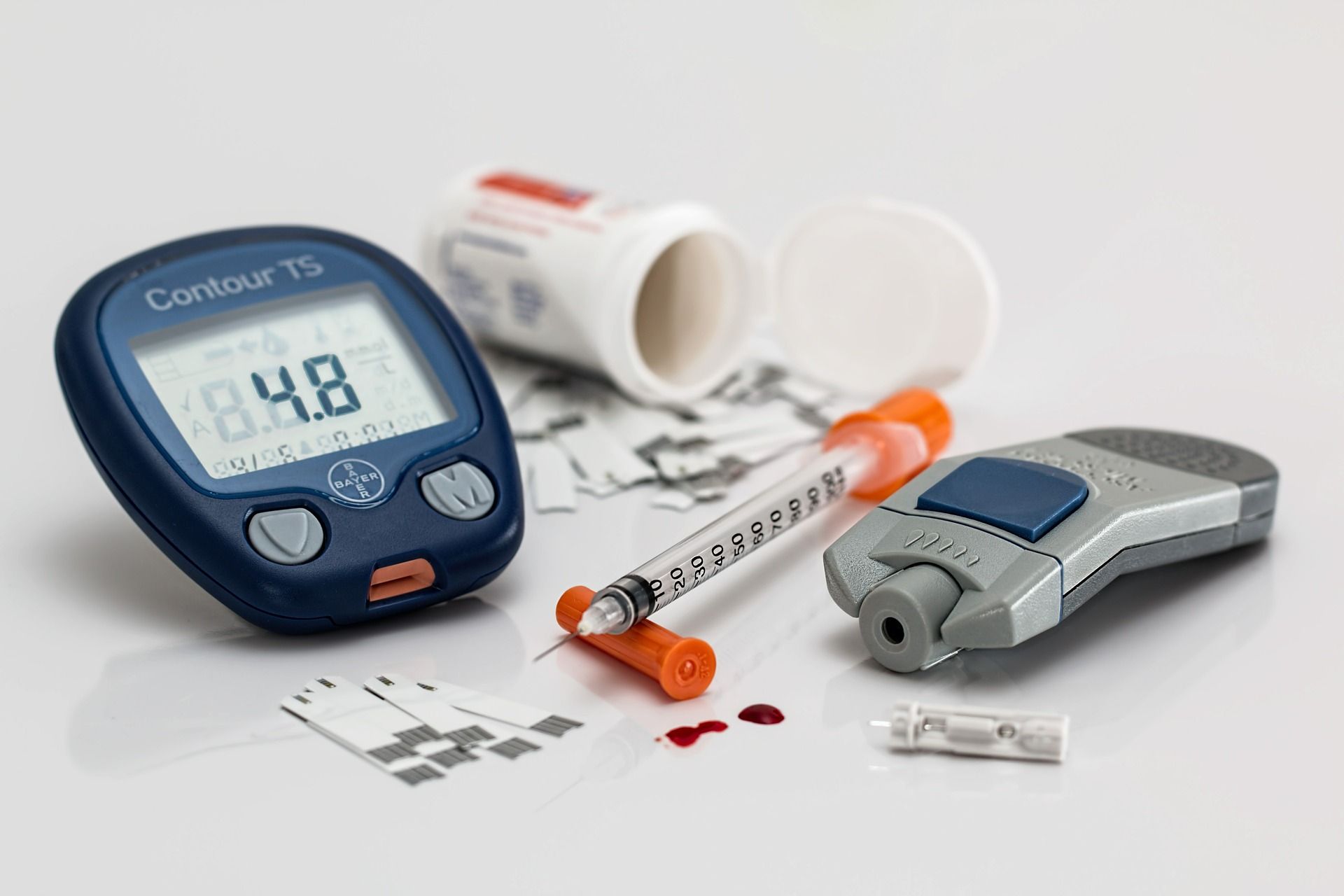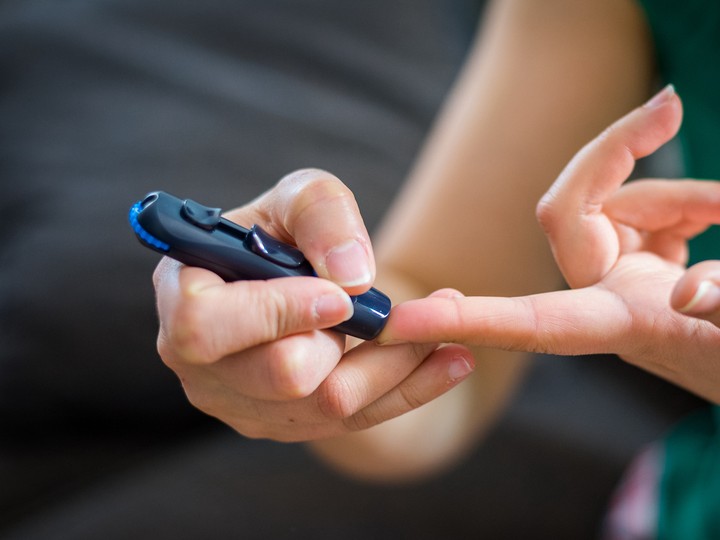how do people develop type 1 diabetes? what are the risk factors?
dr. g: because it’s an autoimmune disease, it’s caused by antibodies in the body that damage the beta cells of the pancreas. there can be a genetic predisposition for developing these antibodies. but interestingly, many individuals who develop type 1 diabetes have no family history of type 1 diabetes. so, since type 1 diabetes is increasing over time, some research suggests there are environmental triggers that affect the autoimmune process. cow’s milk as opposed to breast milk for infants might be one of the triggers because breastfed babies have a lower rate of type 1 diabetes in childhood compared to early ingestion of cow’s milk, for example.
are there lifestyle choices that can help prevent type 1 diabetes?
dr. g: the way things are going for prevention of type 1 diabetes is to recognize patients who have the antibodies that ultimately cause type 1 diabetes by screening people with a family history, for example, and finding that they have the antibodies years before they even get an elevated blood sugar. then we treat them with pharmacological agents that target the immune system and protect the beta cells.
there’s no doubt that certain lifestyle interventions can make it easier to control blood glucose, like reducing, simple carbohydrates and simple sugars. people with diabetes can eat sugar and carbohydrates, but it’s probably a bit easier to prevent glucose spikes if you have some reduction in simple sugars and refined carbohydrates. exercise provides a general health benefit, so we recommend a mix of aerobic and resistance training exercises which can be helpful in preventing cardiovascular disease and helping blood pressure. one of the important things in managing type 1 diabetes is not just controlling the glucose, but treating all risk factors for cardiovascular disease because that’s a long-term complication.
many people who develop type 1 diabetes have no family history of type 1 diabetes. getty
 6 minute read
6 minute read





















